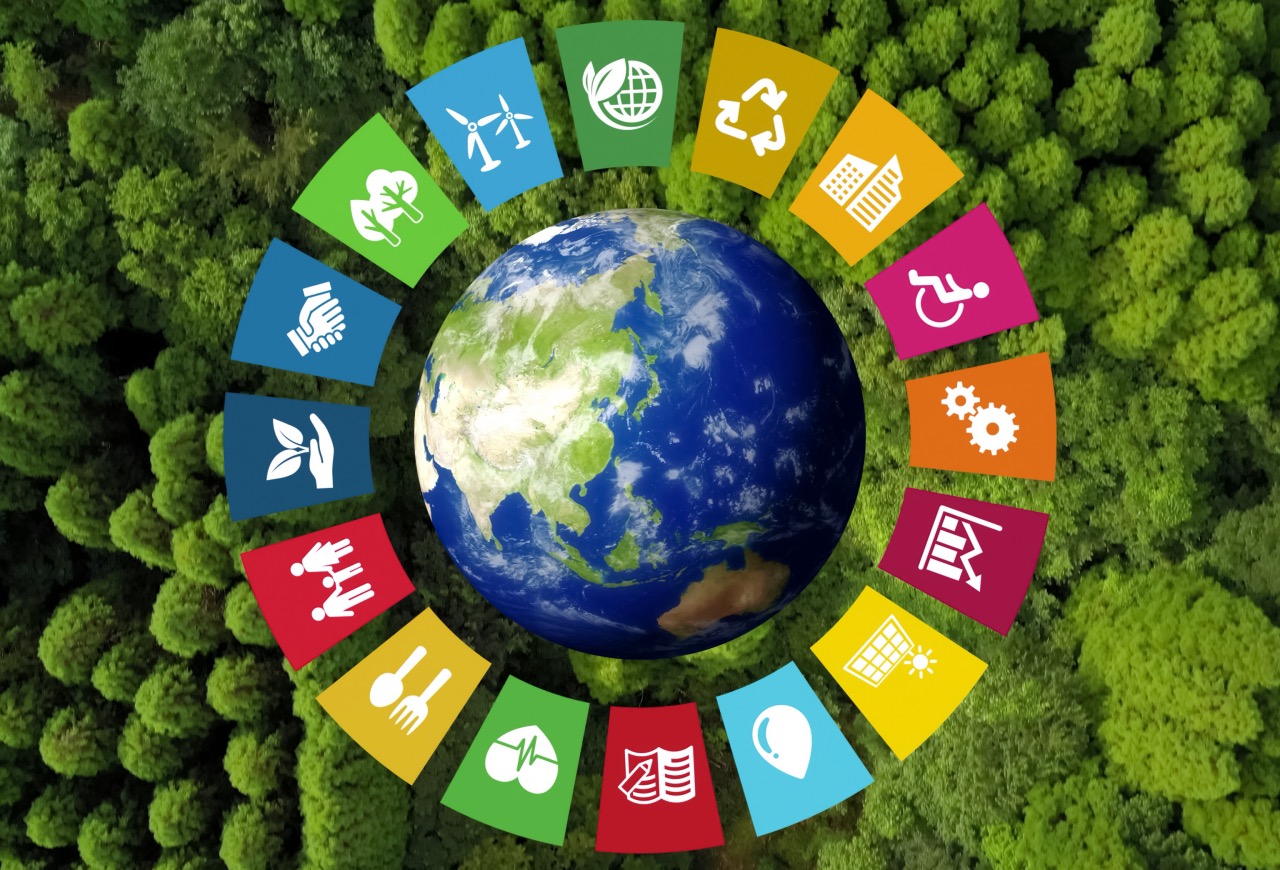A joint study by the University of Zurich and Robeco shows why it pays off to bet on sustainable companies, and argues for new measure of corporate sustainability, based on the UN SDGs.

Firms with a higher alignment to the United Nations Sustainable Development Goals (SDGs) are less likely to become embroiled in scandals. And if they are involved in corruption, fraud or environmental pollution. they afflict fewer controversial topics or SDG themes. That’s the conclusion of a joint study conducted by the University of Zurich and Dutch asset manager Robeco.
“We show that companies that are more aligned with the United Nations Sustainable Development Goals are less likely to have scandals in the future,” said Jan Anton van Zanten, an SDG strategist at Robeco.
“This is imperative for investors: corporate scandals adversely affect market value and often have negative societal and environmental impacts. Aligning investments with the SDGs thus enables investors to enhance their financial and sustainability objectives,” Van Zanten said.
Volkswagen, BP scandals
Take the 2015 Volkswagen Dieselgate scandal or BP’s Deepwater Horizon oil spill in the Gulf of Mexico in 2010. Not only did these scandals severely damage consumer and stakeholder trust, they also hurt the environment and societies. They both resulted in record fines as well mitigation measures totalling billions of dollars.
The researchers looked at a large cross-section of companies, listed in both developed and emerging markets between 2010 and 2022.
“Given the unprecedented rise of sustainable investing and the broad importance of sustainability-related information for investment decisions, it is important to recognise that a new measure of corporate sustainability, based on the SDGs, can help avoid scandals,” said Anna Vasileva, a doctoral student at the University of Zurich who worked on the study. “This in turn supports investors’ sustainability and financial performance.”
Oil exploration, coal mining
According to the study, more resource-intensive and thereby less sustainable sectors, such as energy and utilities, have a higher probability of getting involved in accidents that can turn into scandals. That’s because businesses involved in practices such as oil exploration or coal mining, for example, are under increased scrutiny.
Companies active in these sectors with low SDG scores are mainly involved in fossil fuels. In contrast, companies in these sectors with high SDG scores “are involved in clean energy and therefore experience the opposite, i.e. a lower external risks and a higher legitimacy”, said the study.





